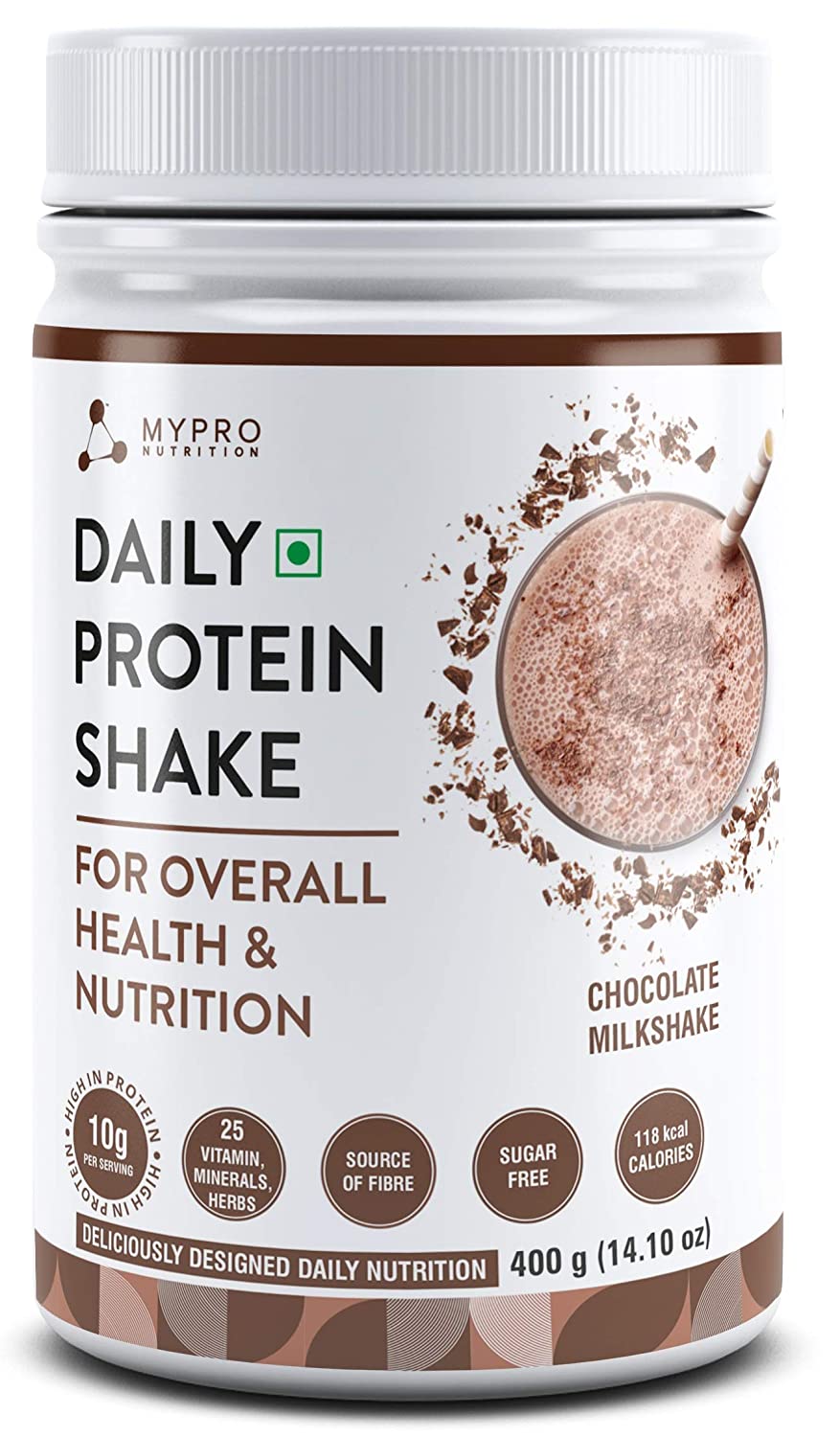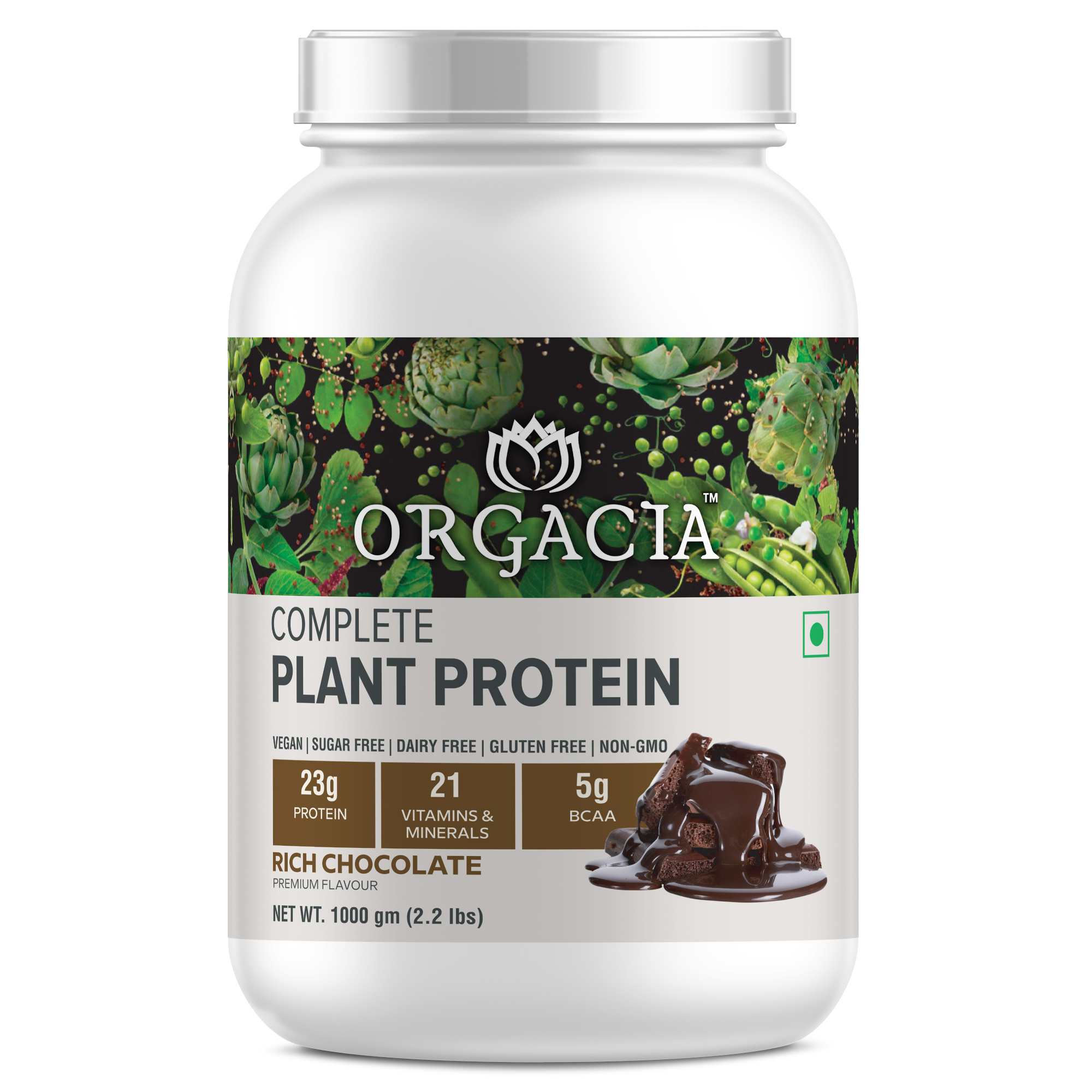Carbonyl Iron
Micronutrient
Last update date: October 11, 2023
Carbonyl iron is a product used as a replacement for iron. Iron is an element that helps your body produce red blood cells and carry oxygen to all the parts of your body.
Frequently Asked Questions
1.
What is Carbonyl Iron?
Carbonyl iron is a type of iron supplement that is used to treat or prevent iron deficiency and iron deficiency anemia. It serves as a replacement for the iron your body naturally obtains from the foods you eat. Iron plays a crucial role in the production of red blood cells, which transport oxygen to tissues and organs throughout your body.
2.
What is positive impact of Carbonyl Iron?
Carbonyl iron offers several positive impacts on your health. By addressing iron deficiency or anemia, it helps to restore the proper functioning of your body. Iron is an essential nutrient required for the production of hemoglobin, a protein in red blood cells that carries oxygen to different parts of your body. Adequate iron levels contribute to improved energy levels, enhanced cognitive function, and a strengthened immune system. Consuming carbonyl iron supplements as prescribed can help replenish iron stores, promoting healthy red blood cell production and preventing symptoms associated with iron deficiency, such as fatigue, weakness, and shortness of breath. It is important to note that carbonyl iron should be used under medical guidance to ensure appropriate dosage and duration of supplementation.
3.
What is negative impact of Carbonyl Iron?
While carbonyl iron is generally safe and well-tolerated, there are some potential negative impacts to be aware of. If you experience signs of an allergic reaction, such as hives, difficulty breathing, or swelling of the face, lips, tongue, or throat, seek immediate medical assistance. Common side effects of carbonyl iron may include diarrhea, constipation, nausea, vomiting, stomach pain, tooth discoloration, or dark-colored bowel movements. If these side effects become severe or persistent, it is advisable to consult a healthcare professional for guidance. It is important to remember that individual reactions may vary, and not everyone will experience these side effects. Taking carbonyl iron as directed by your healthcare provider can help minimize the likelihood of negative impacts and maximize the potential benefits.
4.
What are common sources of Carbonyl Iron?
While carbonyl iron is primarily obtained through supplementation, it's important to be aware of dietary sources rich in iron. Heme sources of iron include red meat, poultry, pork, and organ meats. These foods provide iron that is more easily absorbed by the body. Non-heme sources of iron include eggs, dark leafy green vegetables like spinach and kale, whole grains, legumes such as beans and lentils, as well as dried fruits like raisins and apricots. To enhance iron absorption from non-heme sources, it is beneficial to consume these foods alongside vitamin C-rich sources, such as citrus fruits, bell peppers, and tomatoes. Additionally, cooking in cast-iron cookware can increase iron content in certain dishes. Incorporating a varied and balanced diet that includes both heme and non-heme iron sources can help maintain adequate iron levels in the body.









